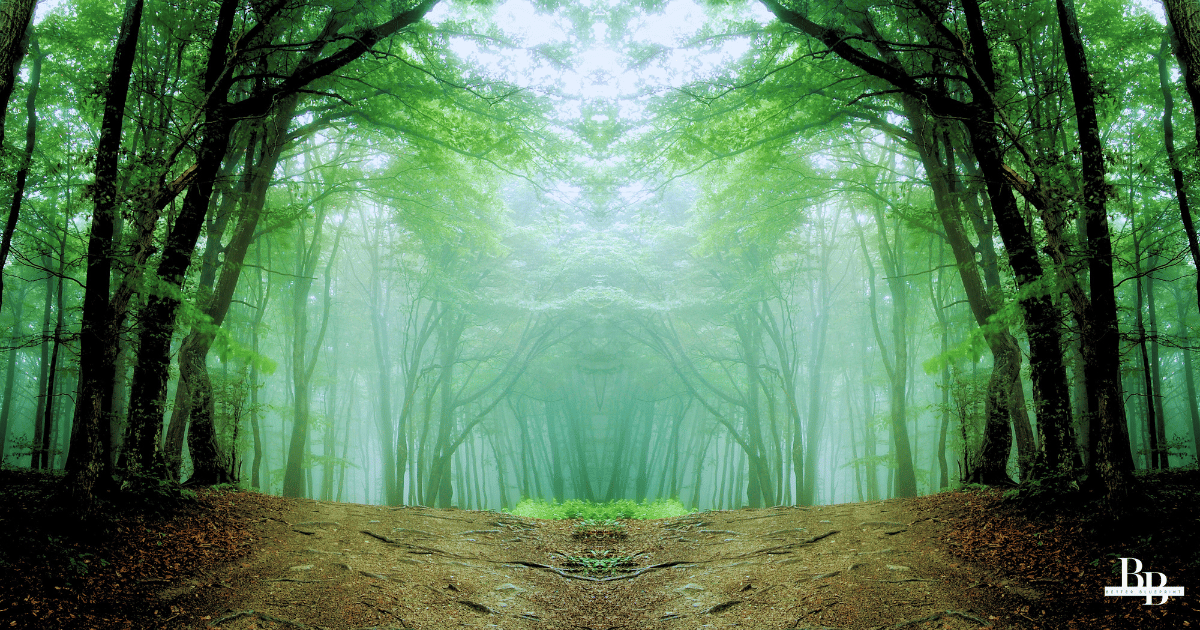- The Better Blueprint
- Posts
- The Better Blueprint
The Better Blueprint
No: 1509

When the Egg Stood Still
There’s a story I often return to. Not because it’s dramatic, but because it reminds me how quietly truth can arrive.
They say, long ago, after a long voyage and an unexpected discovery, Columbus returned home to great fanfare. But around the celebration table, the voices of pride and envy began to rise. Some of the men—noble, well-fed, unused to risk—laughed and said, “You were just the first. Anyone could have done it.”
He didn’t argue. He simply reached for a boiled egg on the table and asked if anyone could make it stand upright on its tip.
One by one, they tried. The egg wobbled, slid, rolled away. There were grins, scoffs, muttered explanations. And when they gave up, he took the same egg, tapped the base just enough to flatten the shell, and placed it upright. It stood, quiet and still.
The room fell silent.
I’ve always loved that story. Not because of the egg, but because of what it tells us about the world. The moment something is done, it starts to look obvious. And yet, just before it’s done, it looks ridiculous.
This is the strange loneliness of building something new.
People forget the long arc of effort, the failed tries, the ridicule that often greets a wild idea. They don’t see the hundred silent doubts or the moments when you almost give up. They only remember the egg, standing.
Most things worth doing come with that silence. That private, often unspoken belief that something inside you might just be true—even if no one else sees it yet. Especially if no one else sees it yet.
So if there’s an idea sitting in your notes app, or a quiet pull inside you that others don’t understand—perhaps it isn’t there to be explained just yet. Perhaps it’s there to be trusted. Not everything that matters announces itself with applause.
Sometimes all it takes is a small, certain tap. And then stillness.
And maybe, years later, someone else will look at it and say,
“Of course.”
A Great Quote
“Have patience with everything unresolved in your heart and try to love the questions themselves, like locked rooms or books written in a foreign language. Don’t search for the answers now. The point is to live everything. Live the questions now. Perhaps then, someday far in the future, you will gradually, without even noticing it, live your way into the answer.”
— Rainer Maria Rilke
Book Review: “The Way of the Human Being” by Calvin Luther Martin
The Way of the Human Being is not a loud book. It doesn't posture, it doesn’t persuade. It simply observes—gently, and with grief. Calvin Luther Martin, a historian-turned-listener, spends time with Native Alaskan elders and lets their worldview seep into his own. The book becomes a meditation on silence, dignity, ritual, land, death, and the quiet unravelling of cultures when modernity forgets to listen.
At its heart, this is a lament. But also a guide. Not a how-to, but a how-to-be.
What’s strong:
Tone and Texture: The writing is slow, clean, and spacious. It doesn’t rush to conclusions. You are invited to pause often, not just to understand the people he writes about, but to notice what’s been thinned out in your own life.
Honouring the Elders: The book does not romanticize the indigenous way of life. Instead, it honours it with presence—by sitting beside it, listening without interpretation.
Personal Reflection: Martin weaves his own reckoning into the narrative—his losses, his disillusionment with academia, and the quiet grief of his own son’s death. These moments feel human and untheatrical.
Philosophical Depth: There is a profound questioning at work here. What does it mean to be human when the systems we’ve built no longer nourish the soul? The book doesn’t offer answers—it simply gestures toward better questions.
What’s not as strong:
Structure: At times, the book meanders. The pacing can feel uneven, moving from memory to myth to commentary in ways that may feel disjointed if you're expecting a linear journey.
Audience Accessibility: Readers unfamiliar with indigenous histories or philosophical reflection might find it a little opaque. It doesn’t explain much—it expects you to sit in the unknown, which can be disorienting.
Narrative Distance: Occasionally, the author’s voice feels too present, speaking about rather than with the people and places he's referencing. But this is rare and largely tempered by his humility.
The part that stayed with me:
There’s a line toward the end of the book that I keep returning to:
“The land does not shout its meanings, and neither does the soul.”
It reminds me that not everything valuable arrives loudly. That silence is not absence. That meaning often lies beneath our pace, waiting.
Should you read it?
If you're drawn to books that walk rather than run, that prefer stillness to instruction, and that leave you quieter than when you began, this is a book worth spending time with.
It doesn’t give you tools. It gives you a mirror—and asks nothing in return.
P.S.: If this newsletter brought you calm, pass it on to someone who’d enjoy the silence too.
About : Welcome to our fortnightly journey—a space for reflection, growth, and quiet discovery. Each edition brings two deep dives into personal transformation, a handpicked quote to stir the soul and a review of a book that reshapes perspectives.